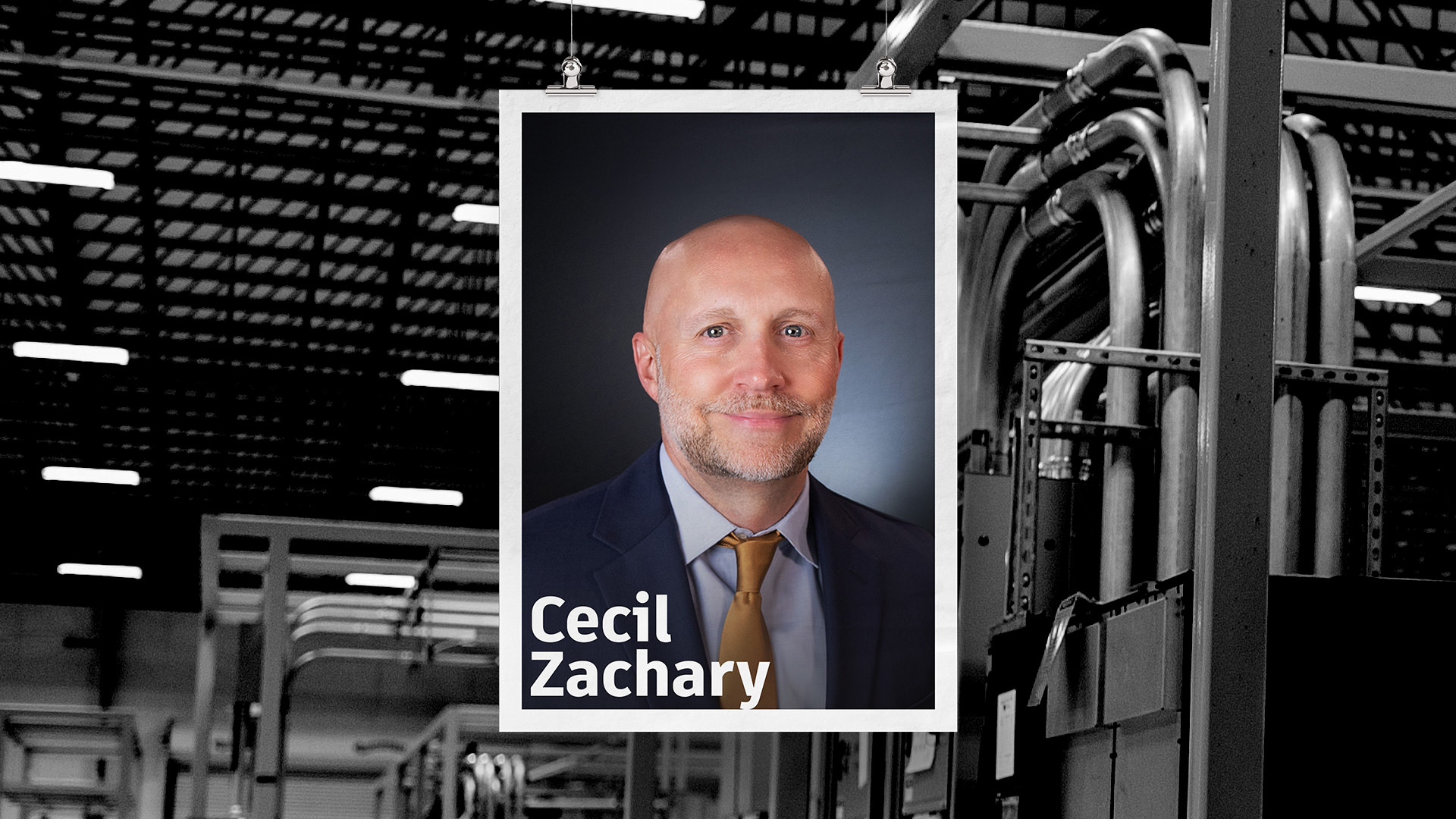
If you're part of an ambitious organization, you're likely familiar with the challenges that come
with scaling. While being in growth mode is such an exciting time, they don't call it growing pains for nothing.
A great team and the right tools are crucial for navigating periods of business expansion, day-to-day operations, and project execution. Cecil Zachary, VP of Project Controls at Satterfield & Pontikes Construction, has extensive experience in all of these. Having held various roles in his decades-long career in construction, Cecil is an industry veteran who excels in leading project teams and developing operations units.
We caught up with him to discuss his career journey and the lessons he's learned from his time in the construction industry. Take a look at what he has to say.
Satterfield & Pontikes Construction is a Texas-based general contractor of about 35 years. We do heavy commercial focusing on K-12, higher ed, and several other markets, including multifamily, healthcare, industrial institutions, and pretty much anything you can think of regarding heavy commercial.
Most of our projects are Texas-based, but we also do aviation work at some of our major airports in California and New York—i.e., LAX, LaGuardia, and JFK. We also do wastewater treatment work.
We're a family of companies that work in concrete, project management, and program management.
It's a very diverse portfolio. S&P is roughly a billion-dollar-a-year company, and we've had vast growth over the last few years.
I didn't choose to get into this industry—fate led me here at a young age. I was looking forward to a different role and career, but I had a young family at the time, and I had to shift to something that would help support them. That took me away from my original major in college and other plans.
I'm from Baton Rouge, Louisiana. We have many industrial plants and industrial construction companies, and my family was connected in ways to some of these companies. So, I was able to pivot my career towards that and start making a decent living early. Things took off from there.
I started my career in industrial construction during college, working turnarounds. Then, my first full-time career job was as a superintendent with a commercial contractor in Baton Rouge.
After that, I got an opportunity to become a project manager and estimator, which immediately felt like a better fit.
I left Baton Rouge in 2002 and moved to Florida with a company called Centex. At the time, resort development was booming, Centex opened a resort development division with a construction arm within this group that was styled after traditional commercial construction management. That fast-tracked my career, and I worked to become a VP of Operations.
But then the bubble burst in real estate, development, and the residential market, and it brought me back to commercial construction. I joined a traditional commercial company in Louisiana, where I took on the role of senior project manager. I was with them for about six years before moving up to Vice President of a business unit.
I then moved to S&P 11 years ago as a senior project manager. I was excited to move to a large market in Houston with a company focused on sustained growth. At the time, I felt that what I truly wanted to do was teach and develop teams. I love doing this, and I wanted to handle huge projects with a big staff. So, I did that for seven years.
Then, I finally made the move into a corporate role to start an initiative focused on centralized startup, which led to a greater role developing a Project Controls group.
I'm proud of the initiative I've mentioned with centralized startup and construction project closeout. If you think about a large commercial project, the most chaotic points are usually the beginning and the end.
I'd argue the start is the most chaotic part. You begin work with nothing—no project team, no budgets, nothing bought—and you're expected to start immediately. This phase is crucial to gain control over the project.
When I was in Operations, I would always tell our teams that we have 60 to 90 days to grind it out and get control over the project. We must do everything necessary to get a good buyout going; that includes getting our critical plans in place, our construction quality plan, safety plan, baseline schedule, etc. Again, the key is to get control of the project quickly. Because if you don't, you will always be in chaos, and that usually leads to a bad project and a bad balance of life for the team.
So, we saw an opportunity to create a centralized group focused on the start of the project, which would bring standardization and consistency across all our projects.
That initiative is set up so that our onsite project teams can focus on the work. It’s our job to set up the job for the team–our PM systems, budgets, document control, prequalification, scope writing, etc. We’re here to clear space for the project teams, so they can focus on planning, building, and the overall execution of the project!
At the closeout of the project, our centralized group takes the same approach. We focus on everything that doesn't have to be done in the field so that field teams can take care of their punch out, commissioning, and warranty response.
Then, starting August of last year, we applied that same mentality to material procurement. This is probably the most revolutionary thing we've done. This includes the management of the submittal process, which has successfully ensured that the correct materials arrive onsite for on-time installation..
Overall, this initiative is showing people entering our industry a different way of doing things.
I know there's a lot of concern over AI taking over people's jobs, but I think it's going to help us do our jobs better and more efficiently. Something as simple as ChatGPT is so easy to use. We're starting to see instances where AI allows us to get answers faster. The speed of information is just amazing.
That said, I'm honestly a little fearful about its uncontrolled nature. In my opinion, technology has recently surpassed human beings' ability to leverage it correctly. It affects our lives in many ways that we're not yet equipped to handle.
So, I'm hoping the smart people in the world can guide us the right way.
I value the relationship that we have with the folks at Autodesk and the support they've given us. We just made a huge shift in our operations by taking on Autodesk Construction Cloud and replacing our previous cost management and project management systems.
Our move to Autodesk Build’s Cost Management is one of the most impactful shifts in our operations over the last 35 years. We're four to five months into it, and we've received a lot of support from everyone. I couldn't be happier with our partnership.
In the past, we've only been able to measure the outcomes of our performance. This has made accountability to systems & process challenging to maintain and our guidance reactionary. Measuring performance within a workflow or process is much more critical and complex than measuring outcomes.
Combining the tools available in Autodesk Construction Cloud with other systems, our Project Controls team will focus on connecting with key data points in our systems to measure and gauge our performance efficiently. This will be a proactive approach to affecting the outcome of our team performance.
